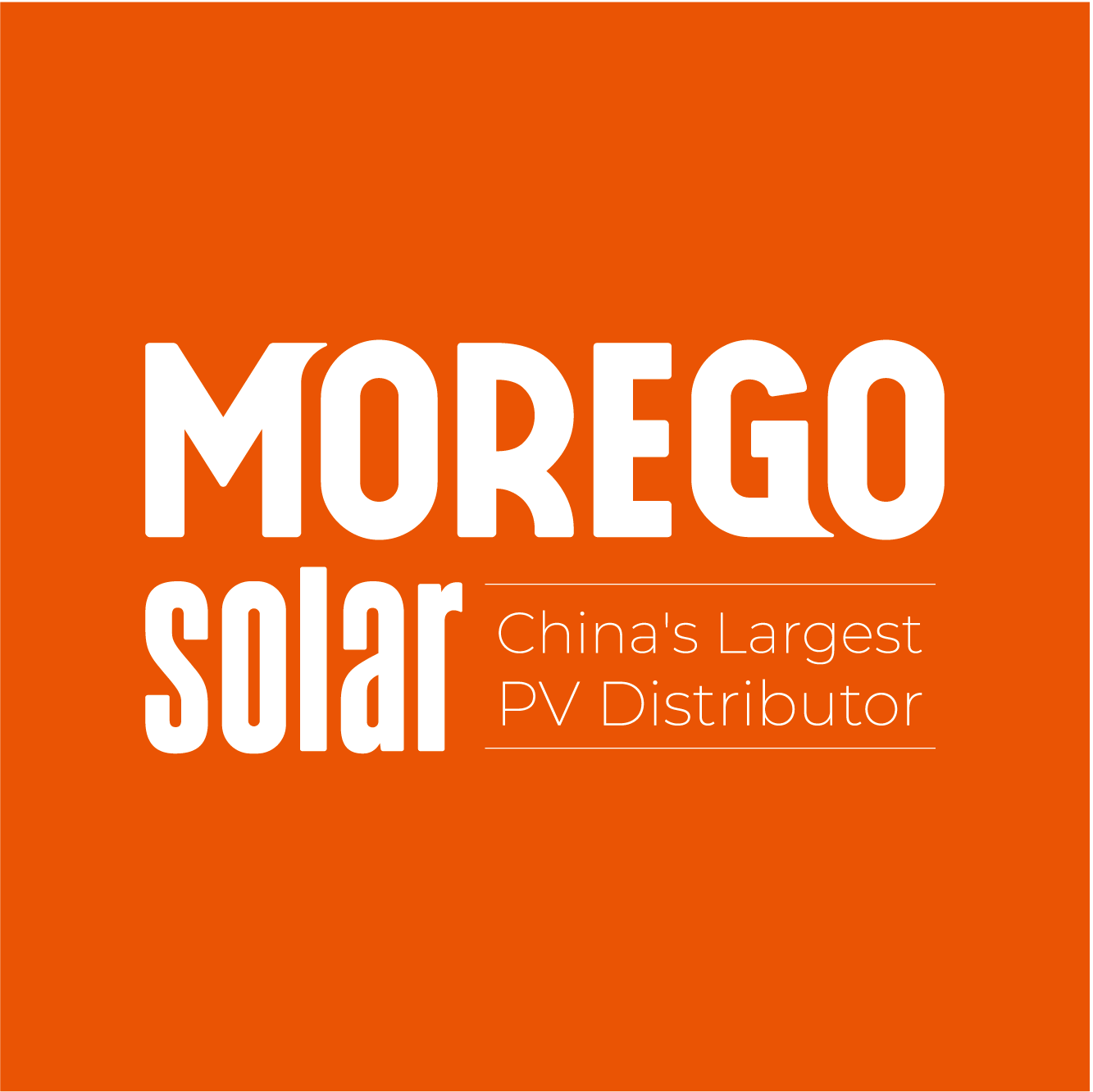As the world continues to grapple with climate change, the push for renewable energy sources has never been more critical. Solar cells are at the forefront of this green revolution, converting sunlight into electricity and offering a clean alternative to fossil fuels. But here's the catch: traditional methods of producing solar cells often involve toxic substances that can harm both the environment and human health. So, how can we manufacture efficient solar cells without relying on these hazardous materials?
The answer lies in developing non-toxic processes that are both efficient and scalable. By reimagining the way we produce solar cells, we can minimize environmental impact while still meeting the growing global demand for renewable energy. It's a win-win situation—clean energy production without the dirty byproducts.
Innovations in Creating Efficient Solar Cells with Non-Toxic Processes
Recent advancements have shown that it's entirely possible to create high-performance solar cells using non-toxic materials and processes. Researchers are exploring alternative substances and innovative manufacturing techniques to eliminate the need for harmful chemicals.
One promising avenue is the use of organic solar cells, which are made from carbon-based materials similar to those found in plastics. Unlike traditional silicon solar cells, organic solar cells can be produced using non-toxic solvents like water or ethanol. This shift not only reduces environmental hazards but also lowers production costs and energy consumption.
Another groundbreaking development is the emergence of perovskite solar cells. Perovskites are a class of materials that have shown remarkable efficiency in converting sunlight into electricity. Scientists are now focusing on creating lead-free perovskite solar cells to eliminate the toxicity associated with lead-based compounds. By substituting lead with tin or other harmless elements, we can maintain high efficiency without the associated health risks.
Moreover, innovations in manufacturing processes, such as roll-to-roll printing, allow for solar cells to be produced en masse using non-toxic inks and coatings. Imagine printing solar panels like newspapers—it's fast, cost-effective, and environmentally friendly. This method minimizes waste and reduces the need for hazardous chemicals in the production line.
The Future Impact of Sustainable Solar Cell Manufacturing
Transitioning to non-toxic processes in solar cell production has profound implications for both the environment and society. Firstly, it significantly reduces the ecological footprint of renewable energy technologies. By eliminating hazardous substances from the manufacturing process, we prevent soil and water contamination, protect wildlife, and promote healthier ecosystems.
Secondly, sustainable production methods enhance the safety and well-being of workers in the industry. Handling toxic materials poses serious health risks, and their removal from the process creates a safer working environment. It's about ensuring that the people who help build our green future are not put in harm's way.
Lastly, embracing non-toxic production paves the way for wider adoption of solar cells globally. Developing countries, which often lack stringent environmental regulations and resources to manage toxic waste, can adopt these clean technologies more readily. This democratizes access to renewable energy, fostering economic growth and energy independence in regions that need it most.
Conclusion
We stand at a pivotal moment where the choices we make today will shape the planet for generations to come. By focusing on non-toxic processes in the creation of efficient solar cells, we're taking a critical step toward truly sustainable energy solutions. It's not just about harnessing the power of the sun—it's about doing so in a way that respects and preserves our environment.
So, the next time you see sunlight glinting off a solar panel, consider the journey that energy has taken. From the innovative minds rethinking production methods to the non-toxic materials making it all possible, every ray of sun converted into electricity is a beacon of a cleaner, greener future.

